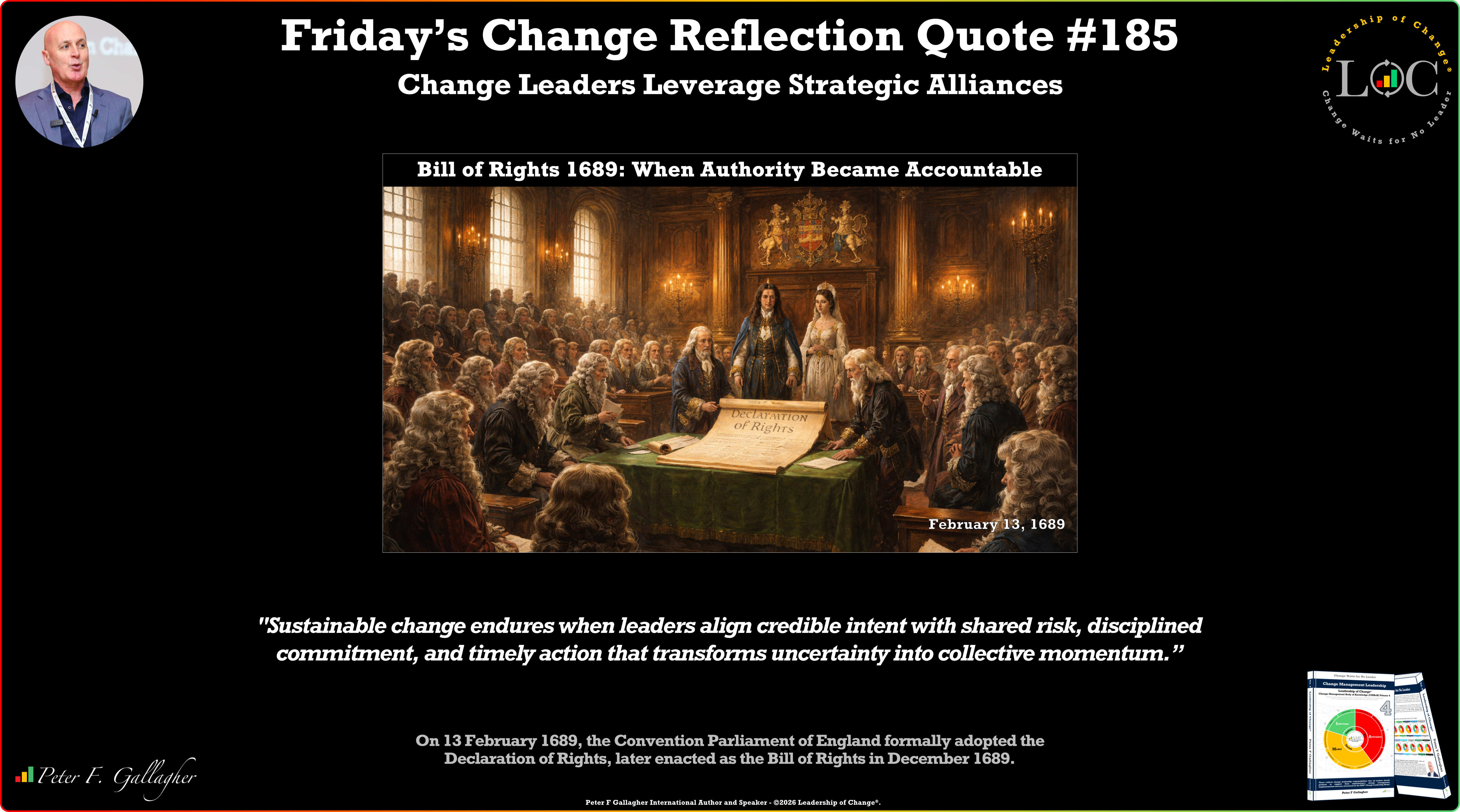May21

It's hard to deny the truth of Charlie Chaplin's famous quote - a day without laughter really is a day wasted.
In a Gallup study, 1.4 million people across 166 countries were asked a simple question: Did you smile or laugh a lot yesterday? For those between 16 and 23 the answer is yes. After the age of 23, the answer becomes no. In fact, we do not start smiling again until the age of 70 or 80.
Why aren’t we laughing anymore? Our minds are racing, worrying about the past or the future, and as a result, we’re missing what’s happening right in front of us. We aren’t able to laugh because we aren’t fully engaged in the moment. This lack of presence is having a profound impact on our lives and our work. We’re less creative, less productive, and less happy. This is a serious issue that needs to be addressed. Leaders need to create an environment where people feel safe to take risks, fail, and learn from their mistakes. They need to encourage openness and transparency and create opportunities for collaboration. Only then will we be able to tap into our full potential and start laughing again.
Happiness and high energy levels are essential for both employees and employers, and there's no better way to boost morale and productivity than with some lighthearted play at work. Fun researcher, Bernard Louise De Koven, suggested that 'you can predict a successful business if you can hear heartfelt laughter 10 to 12 times per day'. According to a study by Nicholas A. Kuiper and Rod A. Martin, adults who laughed more had more social interactions.
According to Scott Christopher, author of "The Levity Effect: Why It Pays to Lighten Up", humor is a learnable skill that enriches workplace culture. Bringing humor to work does not mean figuring out how to be the best stand-up comedian in the office. Instead, using humor can simply be thought of as a way of sharing moments of lightness at work to propel relationships forward and balance the seriousness of everyday tasks. For example, levity is about putting others at ease, being friendly, warm and authentic. Humor does not have to be particularly good to trigger positive emotions - it just has to be present. In other words, incorporating humor into your work life can make a big impact on your overall satisfaction with your job. Not to mention, it can also lead to better teamwork, communication and collaboration. So next time you're feeling stressed at work, try cracking a joke or two - it might just make your day (and your career) a whole lot brighter.
By Dean Miles
Keywords: Startups, Entrepreneurship, Mental Health
 The Corix Partners Friday Reading List - February 20, 2026
The Corix Partners Friday Reading List - February 20, 2026 The retail playbook that worked for 30 years? It's not broken. It's just finished.
The retail playbook that worked for 30 years? It's not broken. It's just finished. Testing Suez: Economics Are Driving Carriers Back Into the Red Sea
Testing Suez: Economics Are Driving Carriers Back Into the Red Sea Mastering Social Media in 2026: Optimizing Networking and Advocacy for the Digital Age
Mastering Social Media in 2026: Optimizing Networking and Advocacy for the Digital Age Friday’s Change Reflection Quote - Leadership of Change - Systemic Change Follows Failed Governance
Friday’s Change Reflection Quote - Leadership of Change - Systemic Change Follows Failed Governance